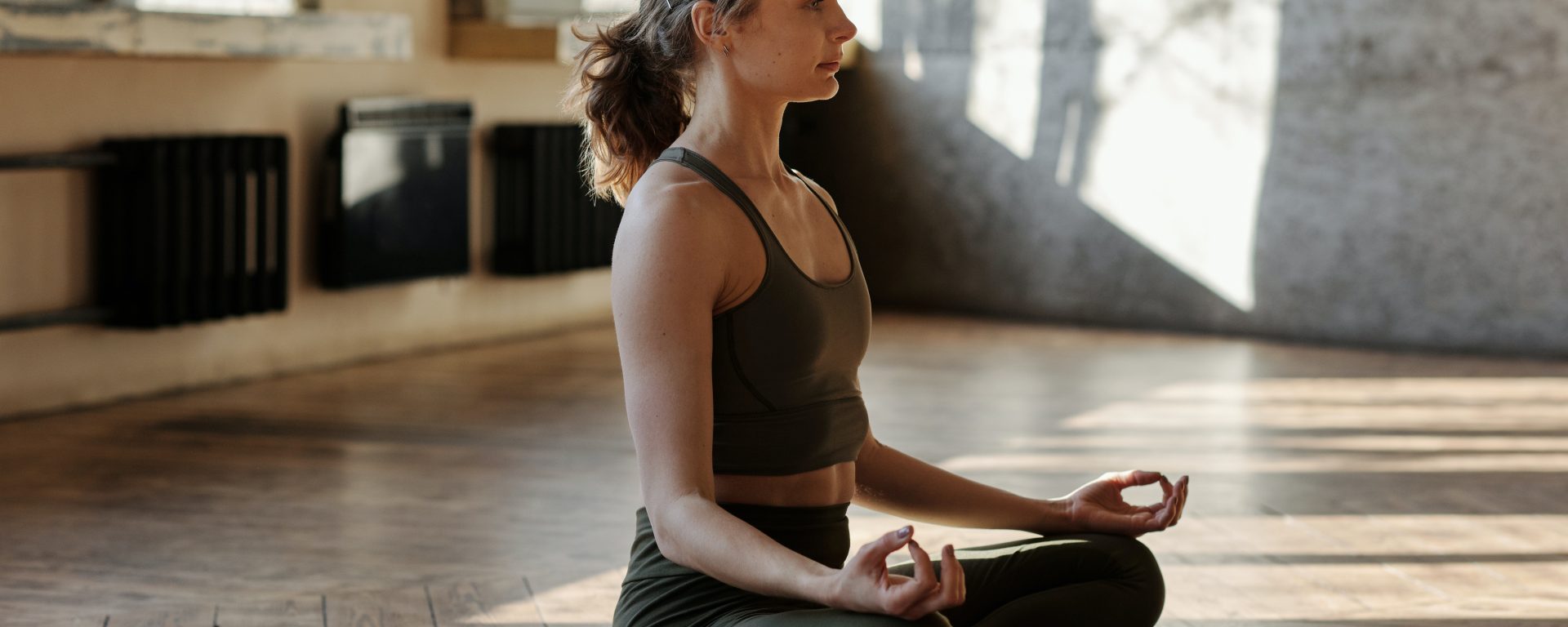Multiple sclerosis (MS) is a complex neurological condition that can significantly diminish a patient’s quality of life. Symptoms such as spasticity, cognitive impairment, depression, and fatigue are common and challenging to manage. Traditional medical treatments have limitations, prompting researchers to investigate non-pharmacological approaches to alleviate these symptoms. In 2010 a randomized prospective study, Orjana Velikonja, et. al., explored the effects of sports climbing (SC) and yoga as potential therapies for MS patients.
The study involved 20 participants, aged 26 to 50, diagnosed with relapsing-remitting or progressive MS. All participants had an Expanded Disability Status Scale (EDSS) score of 6 or lower and an EDSS pyramidal functions score (EDSSpyr) higher than 2. The subjects were randomly divided into two groups: one group practiced sports climbing, while the other group engaged in yoga. Both programs spanned 10 weeks and utilized standardized assessment methods to evaluate spasticity, cognitive function, mood, and fatigue before and after the interventions.
The study found no significant improvements in spasticity following either sports climbing or yoga. However, the sports climbing group exhibited a noteworthy 25% reduction in EDSSpyr (p=0.046), suggesting a potential benefit in terms of pyramidal function. Executive function remained largely unchanged in both groups. Surprisingly, selective attention performance improved by 17% following yoga (p=0.005), indicating a positive impact on cognitive function. Sports climbing led to a significant 32.5% reduction in fatigue (p=0.015), while yoga did not show a substantial effect on fatigue levels. Neither activity had a significant impact on mood.
This study provides valuable insights into the potential benefits of sports climbing and yoga as complementary therapies for managing symptoms in MS patients. While no significant improvements were observed in spasticity, the sports climbing group experienced a notable enhancement in pyramidal function. Yoga demonstrated promise by enhancing selective attention performance and reducing fatigue. These findings underscore the importance of considering non-pharmacological approaches in the comprehensive care of MS patients. Further research is warranted to explore the long-term effects and mechanisms underlying these therapeutic interventions. Sports climbing and yoga may hold promise as adjunctive treatments to improve the overall well-being of individuals living with multiple sclerosis.
Reference: Velikonja, O., Čurić, K., Ožura, A., & Jazbec, S. Š. (2010). Influence of sports climbing and yoga on spasticity, cognitive function, mood and fatigue in patients with multiple sclerosis. Clinical neurology and neurosurgery, 112(7), 597-601.
